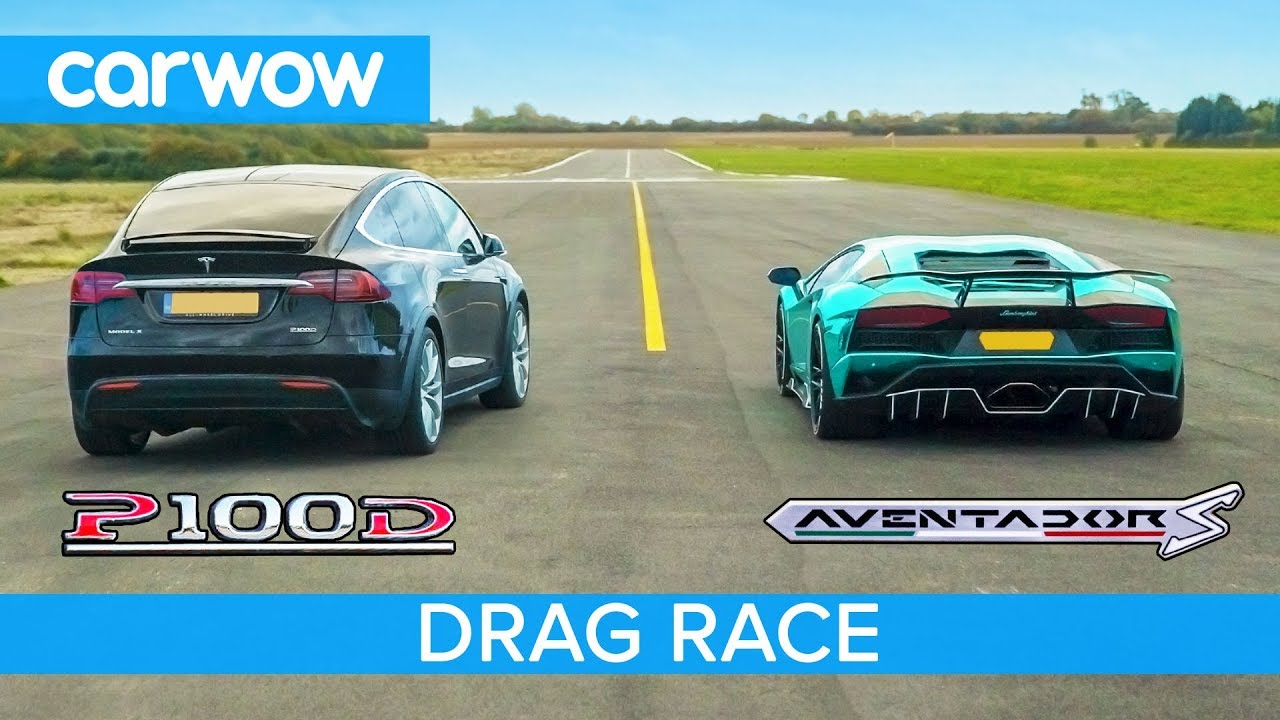In my 20’s I used to dabble in drag racing a couple of LS-powered Camaros. I also did some ProSolo auto crossing with the SCCA. But the old joke in racing is that the quickest way to make a small fortune in auto racing is to start with a large fortune. So my racing years were brief.
But one of the things that you quickly learn when you get involved with drag racing is that anyone who is serious about competing uses an automatic transmission. Why? Because then you can match your transmission’s stall converter to the torque peak of your car.
I’ve heard some EV enthusiasts make the false statement that EVs are quicker than gas-powered vehicles because electric motors can start from peak torque whereas gas motors cannot. This is simply not true. Gas motors, via the torque converter, can start at any place on their torque curve that the manufacturer sets. However, due to federal Corporate Average Fuel Economy(CAFE) requirements, gas-powered vehicles are set to maximize miles per gallon. This hamstrings gas-powered vehicles from an acceleration standpoint.
Drag racers know this is true because one of the first modifications we’d do after buying that shiny new Camaro is to go out and buy a high stall torque converter. The power increase from a standstill is incredible due to starting from your peak torque. The whole demeanor of the car is forever changed. You no longer have to wait for your car to get up to the higher revs because whenever you punched the gas pedal the motor was in its sweet spot. The only trade off is that your fuel mileage takes a big hit.
YouTube is full of videos of Tesla’s cars racing against Lamborghinis or Ferraris and winning. These videos are laughable because they consistently pick vehicles setup for road racing and not drag racing. And these road racing cars would definitely beat down any Tesla on a road course but that never gets shown.
Tesla enthusiasts never film races against cars setup for drag racing with high stall torque converters. The reason is obvious I suppose. Because electric vehicles have no off-the-line advantage against these properly setup gas-powered vehicles. The limiting factor than becomes who has stickier tires or more power.
But the fact that EV proponents are wrong when they say that gas motors can’t start from peak torque is only one issue I have. The other is that eventually, there will be federal regulations on EV range. This will lead to software limitations which ration out electric power with the goal of increasing range.
Right now, EV manufacturers juggle the balance of power/range ratio on their own. But eventually, federal governments will mandate that they need to have a fleet average of xxx miles per charge. This will lead to software limitations that will dramatically decrease power delivery. We know this will happen because we’ve already seen it in the ICE world. Any acceleration advantage that EVs have today will disappear once governments shift their focus to pushing miles per charge regulations. Today EVs enjoy a Wild West environment free from regulation but that won’t last.
Another problem I have with acceleration as a selling point for electric vehicles is that this has never worked before. When American auto makers were losing market share to Japanese auto makers the American’s responded with trying to make more powerful cars or flashy features.
The Japanese were stealing market share by making boring cars that had impeccable build quality and long-term reliability. The Americans made cars that were better looking, more powerful, and had flashy features. But they were steadily losing market share.
The recipe to stealing automotive market share is clear. If you have an insane focus on quality and can ensure long-term reliability, the world will beat a path to your front door. EV enthusiasts who tout acceleration or flashy tech features of electric vehicles are making the same mistakes as American car companies in the 1980’s.
Speed doesn’t sell. In fact, speed does the opposite. It hurts sales because it will trigger higher insurance rates.
Quality steals market share, not talking Chrysler LeBarons or autopilot. But Tesla is the affirmative action auto maker. So due to the massive media push from all corners, they’ve made a temporary dent in automotive market share. But already we can see that their top line revenue is shrinking and their downward descent is due in 2020/21 timeframe.
Flashy features and acceleration isn’t going to drive Tesla forward in the future. And Tesla quality and long-term reliability remains the worst of all automakers. For all of Tesla’s talk of doing things different from the old world automotive companies, they seem to be making all the same mistakes.


 RSS Feed
RSS Feed